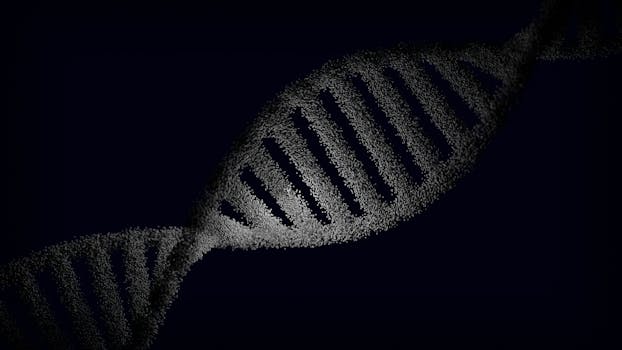Attempting a prolonged period of water-only intake is a serious undertaking, and many people search for “30 day water fast results” to understand the potential benefits and risks. This article summarizes what people commonly report, what scientific reasoning explains, and why caution and medical oversight are essential before trying a thirty day fast.
30 day water fasting results: common physical and metabolic changes
During the early days of a 30 day fast the body shifts from using glucose to burning fat and producing ketones. People often notice rapid initial weight loss, changes in appetite and energy, and shifts in sleep or mood. Over time, adaptations continue: basal metabolic changes, reductions in glycogen stores, and altered electrolyte balances can occur. If you’re comparing different multi-week fasts, readers also look for information like 21 day water fast before and after photos or comparisons to a 30 day fast.
Typical timeline of effects
- Days 1–3: glycogen depletion, hunger peaks, possible headaches and lightheadedness.
- Days 4–14: increased ketone production, stabilized appetite for some, continued water weight loss.
- Days 15–30: greater reliance on fat stores, risk of lean mass loss without protein intake, potential micronutrient deficiencies.
What people report seeing as 30 day fast results
Reported outcomes vary widely. Some report dramatic 30 day fast weight loss mainly from water and glycogen in the first week, plus variable fat loss over subsequent weeks. Others note improved mental clarity or reduced inflammation, while some experience weakness, dizziness, or worsening of preexisting conditions. If you’re documenting transformations, people commonly search for 30 day water fast before and after images, though individual results differ based on body composition and prior eating habits.
What science and clinical experience say
Short-term fasting can improve markers like insulin sensitivity in some contexts, but evidence for prolonged water-only fasting is limited and mixed. Long-term or repeated extended fasting without supervision can lead to electrolyte imbalance, cardiac arrhythmias, or nutrient deficiencies. Those interested in structured shorter protocols might consider medically supervised fasts or intermittent fasting patterns instead.
Risks, safety precautions, and when to seek medical supervision
A thirty day fast is not a casual diet. Risks include dehydration, hypotension, electrolyte disturbances (low sodium, potassium, magnesium), loss of muscle mass, and refeeding syndrome when food is reintroduced. Anyone considering a prolonged fast should consult a healthcare professional, especially if they have diabetes, heart disease, are pregnant, breastfeeding, or take regular medications.
For guidance on shorter medically supervised fasts and how to approach multi-day fasting safely, see the detailed advice on the 96-hour fasting protocol: 96-hour fast: what to expect and how to do it safely.
Practical safety tips
- Get baseline medical screening (electrolytes, kidney function, medications review).
- Stay hydrated and monitor urine output and color.
- Have a refeeding plan with gradual reintroduction of calories and electrolytes.
- Stop and seek care for fainting, severe palpitations, confusion, or persistent vomiting.
Alternatives and complementary approaches
If your goal is weight loss or metabolic improvement, consider evidence-based alternatives such as time-restricted eating, calorie-restricted diets tailored by a dietitian, or medically supervised short fasts. Documented comparisons like 21 day water fast before and after or other intermediate protocols may offer insight without the extreme demands of a full 30 day water-only fast.
How to measure outcomes responsibly
- Track weight, body composition (if possible), blood pressure, and lab markers over time.
- Note subjective factors: energy, sleep quality, mood.
- Plan follow-up labs after the fast and during refeeding to check electrolytes and organ function.
For an authoritative overview of fasting-related health effects and guidance on safe practice, consult official health resources such as the FDA’s consumer information on fasting and dietary practices: FDA consumer guidance on intermittent fasting.
Quick takeaways
- 30 day water fast results vary: significant early weight loss is common, but long-term effects and safety differ by individual.
- Caution is essential—medical screening and monitoring are recommended.
- Consider less extreme, evidence-based options if your primary goal is weight loss or metabolic health.
FAQ
Q: Will a thirty day fast guarantee long-term weight loss?
A: No. Much early weight loss is water and glycogen; sustainable weight loss depends on long-term dietary and lifestyle changes after the fast.
Q: Can I do a 30 day water fast safely at home?
A: It’s risky without medical supervision. Even if you feel well, electrolyte imbalances or cardiac issues can develop silently. Supervision and planned refeeding are strongly advised.






